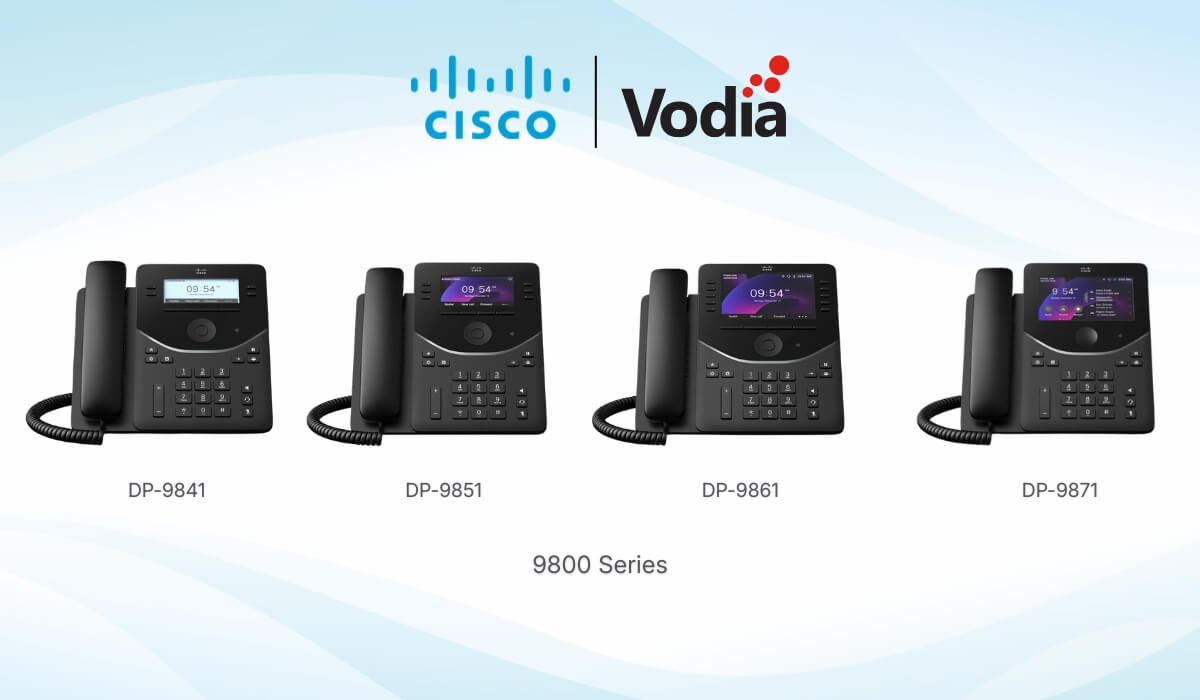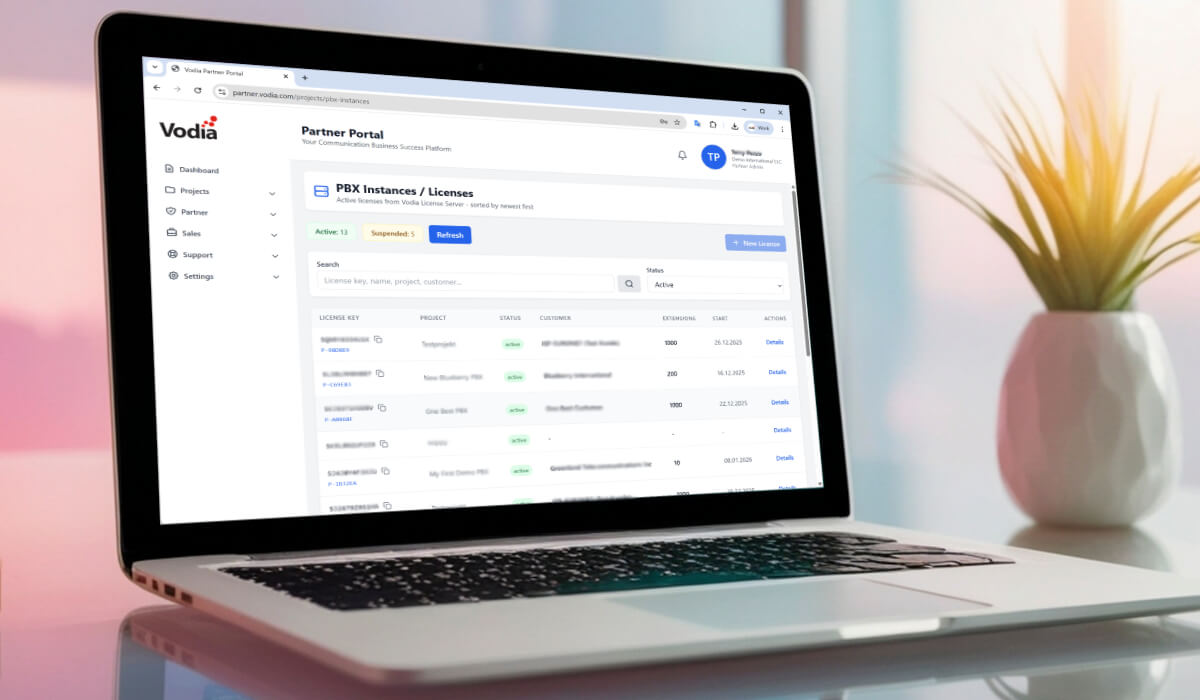Net neutrality is the principle that internet service providers should permit user access to applications and content regardless of their provenance, and without promoting or blocking individual products or websites.
According to the Federal Communications Commission (FCC):
“Net Neutrality policies are a national standard by which we ensure that broadband internet service is treated as an essential service. It prohibits internet service providers from blocking, throttling, or engaging in paid prioritization of lawful content. By classifying broadband service as a ‘telecommunications’ service under Title II of the law, the FCC restores its oversight of internet service outages, national security threats in broadband networks, and consumer protection and regains key tools to promote broadband deployment.”
FCC Chairwoman Jessica Rosenworcel, a Biden appointee, has been working to restore Net Neutrality as the national standard for broadband reliability, security and consumer protection, ensuring broadband services are treated as an essential resource deserving of FCC oversight under Title II authority. On April 25, 2024, the FCC voted to reinstate landmark net neutrality rules and reassume regulatory oversight of broadband internet rescinded under former President Donald Trump in 2017. These rules were initially implemented under former President Barack Obama in 2015. A number of large tech companies, including Amazon, Alphabet, Apple and Meta, are in favor of FCC net-neutrality rules.
On January 2, 2024, however, a three-judge panel of the Cincinnati 6th U.S. Circuit Court of Appeals said the FCC lacked authority to reinstate the rules. The decision may bring to an end more than 20 years of effort to grant comprehensive oversight of the internet to federal regulators.
During the first Trump administration, the FCC argued net neutrality rules were unnecessary, that they blocked innovation and caused internet service provider (ISP) investment in networks to decline; despite the 2017 decision to withdraw net neutrality at the federal level, a dozen states have net neutrality laws or regulations.
FCC Commissioner and incoming Chair Brendan Carr voted against the reinstatement in 2024 and has promised to “unwind” additional regulations.
About Vodia
Vodia Networks, Inc. is a pioneering provider of B2B Cloud Communications Solutions catering to enterprises, contact centers and service providers. Vodia's PBX software boasts an extensive suite of business telephony features for on-premise and cloud-based systems and operates seamlessly across Windows, Linux or Mac platforms. Fully compliant with SIP industry standards, the Vodia phone system integrates effortlessly with a wide range of SIP-based devices and trunking providers, granting ultimate freedom in telephony. Vodia’s multi-tenancy platforms are compatible with an unprecedented number of technologies, including desk phones, softphones and APIs, for myriad third-party software and CRM systems. Our mission is to empower our partners and end-users with the world's best cloud PBX and personalized support to ensure their success at every turn. Our US headquarters are in Boston and our European headquarters are in Berlin; we also maintain offices in Beijing, Hong Kong, Nicosia (Cyprus) and Sydney, Australia. Visit Vodia on LinkedIn, X and YouTube.
.svg)





